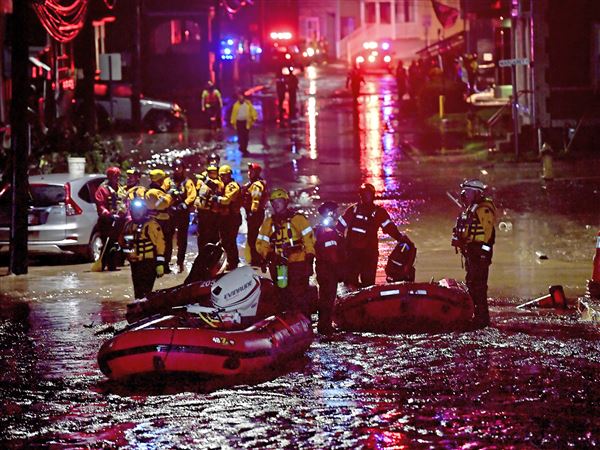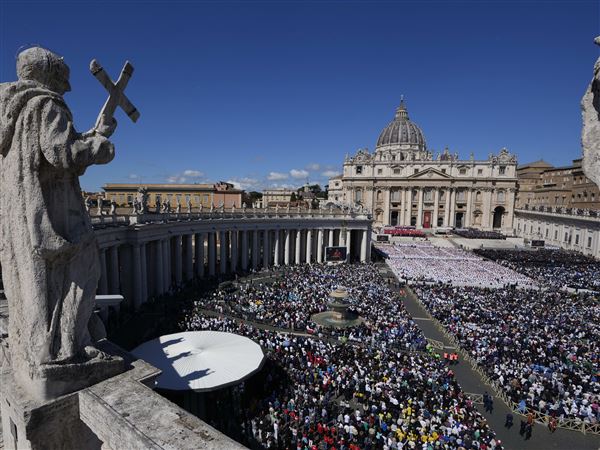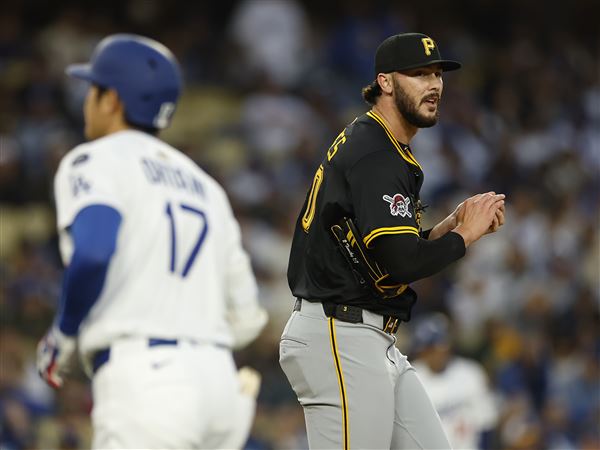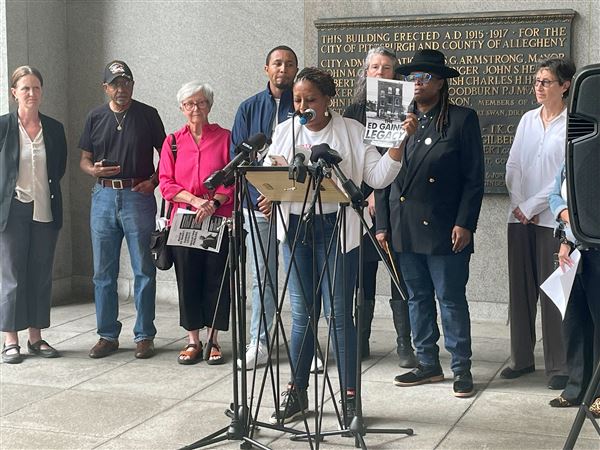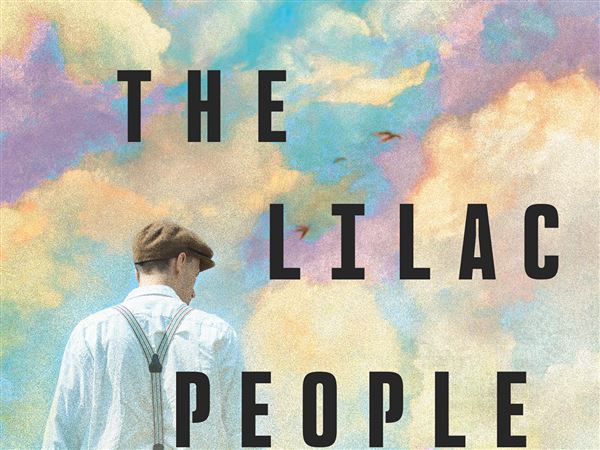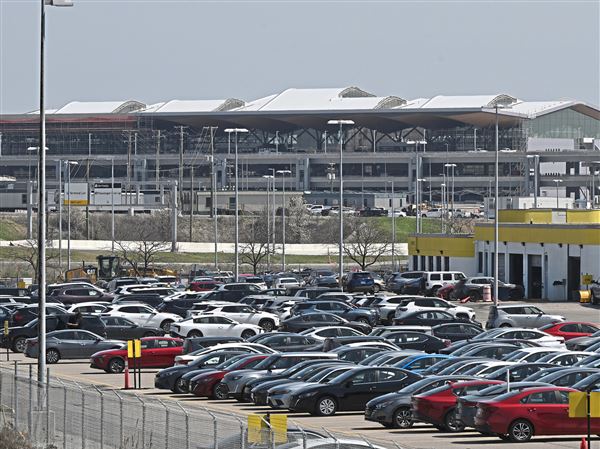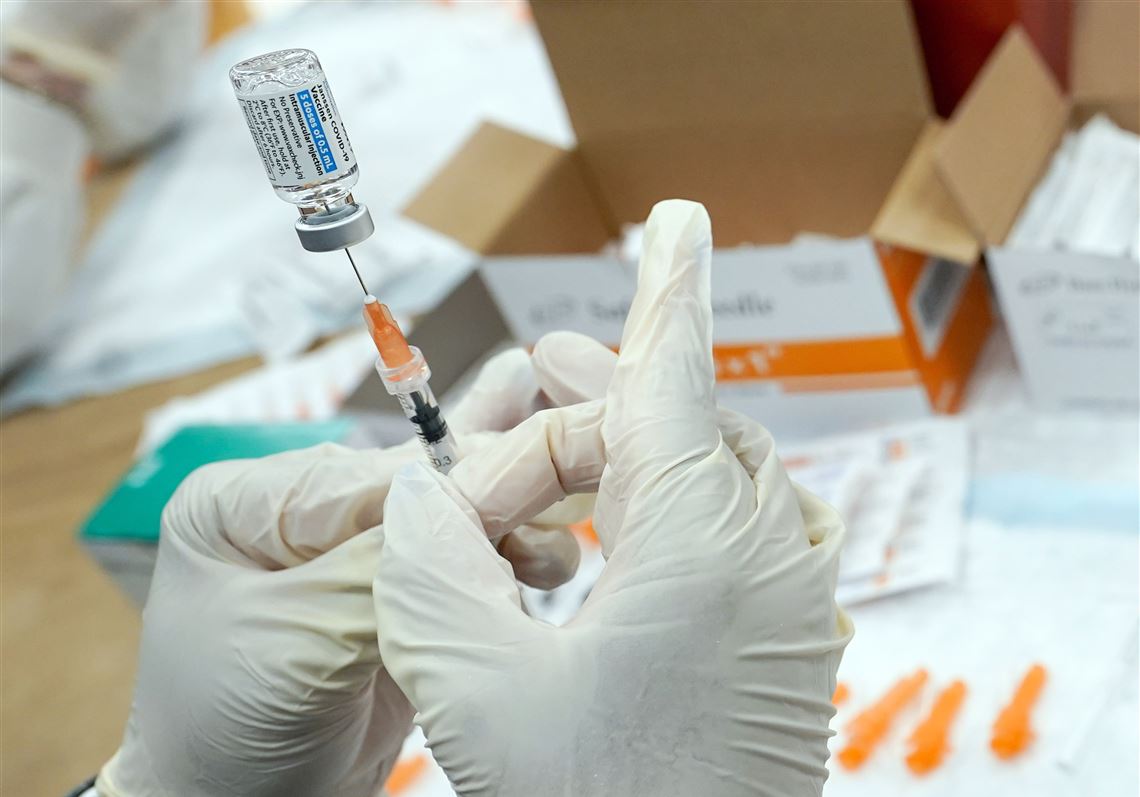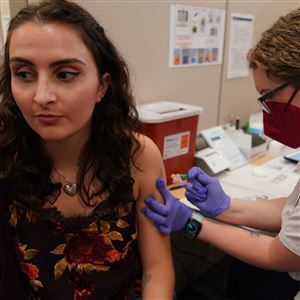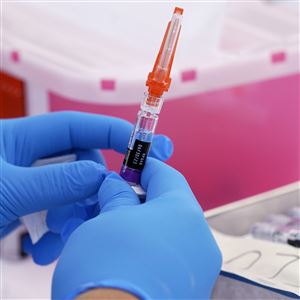With the worst of the pandemic behind us and the federal mandate over, health care workers in U.S. hospitals and nursing homes are skipping vaccinations for COVID-19, a highly contagious virus that can be fatal.
A new survey of millions of health care workers at nearly 18,000 hospitals and nursing homes by the Centers for Disease Control and Prevention found that just 17.2% of hospital workers overall were up to date with COVID-19 shots. Vaccination rates for nursing home workers was only a bit higher at 22.8%.
The higher vaccination rates for nursing home workers may be because immunization rates at long-term care facilities are published on a public website, the study found.
The survey was limited to the flu season ending in February and did not include the latest COVID-19 vaccine, which was released in September to target the newest variants.
Flu vaccination rates were better: 81% overall among hospital workers, 47.1% for nursing home workers, according to the study, which was released Nov. 10.
Health care workers are in regular contact with some of the most vulnerable patients to infection because of weakened immunity. Through Sept. 9, COVID-19 was either the underlying or a contributing factor in 1.14 million deaths in the U.S., 76% over age 65 and most in hospitals and outpatient settings, according to the Centers for Disease Control and Prevention.
COVID-19 hospitalizations peaked in Allegheny County in 2020, which was followed by a federal mandate in November 2021 that health care workers be vaccinated against the virus. The federal mandate ended as the number of new cases fell to new lows in May, the same month Allegheny County ended its mandate for all county employees to get the COVID-19 vaccine.
Although COVID-19 is more contagious but less virulent than it was at the start of the outbreak three years ago, the virus is not benign, said William Schaffner, physician and professor of preventive medicine and health policy at Vanderbilt University.
“Yes, this is very disappointing,” Dr. Schaffner said. “It concerns me greatly. We obviously don’t want to transmit the virus to patients.”
Another worry is the increased risk of health care workers getting sick from COVID-19 without vaccination, requiring isolation and time off work at a time when nursing shortages are rampant.
“Health care personnel are at high risk for work-related exposure to viruses such as influenza and SARS-CoV-2, but are less likely to transmit these infections when they are vaccinated,” the study found. “Vaccination of health care personnel is a critical strategy to minimize transmission of infection in health care settings.”
The findings also troubled Amy Crawford-Faucher, family physician and vice chair, AHN Primary Care Institute.
“We have seen similarly low vaccine data,” said Dr. Crawford-Faucher, who also oversees employee health. “We’re very disappointed.”
Vaccine fatigue may be part of the problem, Dr. Crawford-Faucher said. Some employees have questioned the value of the COVID-19 vaccine, saying people still get sick after getting the shots.
“‘I’m just tired of it,’” she says she hears from health care workers who haven’t kept up to date. “ ‘It doesn’t work.’ ”
“It’s distressing for us in health care who work so hard to keep people safe to see so many of my colleagues across health care not taking advantage of the mechanism that helps,” she said. “We know it helps.”
Although you can still get sick with COVID-19 after vaccination, it can prevent hospitalization and other serious symptoms, public health officials say.
UPMC reported that more than 85% of employees have received the vaccine, with increasing numbers getting the latest version, according to a spokesperson.
Although the COVID-19 shot is not required, the flu vaccine is mandated for all employees at UPMC, Excela Health, Washington Health System, St. Clair Health and others. The shot is not mandated at Allegheny Health Network and Pennsylvania has no state requirement for health care workers to be vaccinated against the flu.
The low vaccination rates could spell trouble during another wave of COVID-19 cases that are anticipated over the winter holidays. The COVID-19 vaccine wanes over time and the colder weather drives more people inside, where spread of the virus is more likely, Dr. Schaffner said. For that reason, doctors expect an uptick in cases during the holiday season with the increase in family gatherings and parties.
“We anticipate we will have a seasonal increase in COVID-19,” he said. “It won’t be as bad as previous years, but that doesn’t mean it won’t be bad.”
His advice: “Get the vaccine this afternoon,” Dr. Schaffner said. “It’s not too late.”
Kris B. Mamula: kmamula@post-gazette.com
First Published: November 20, 2023, 4:54 p.m.
Updated: November 21, 2023, 12:11 p.m.
